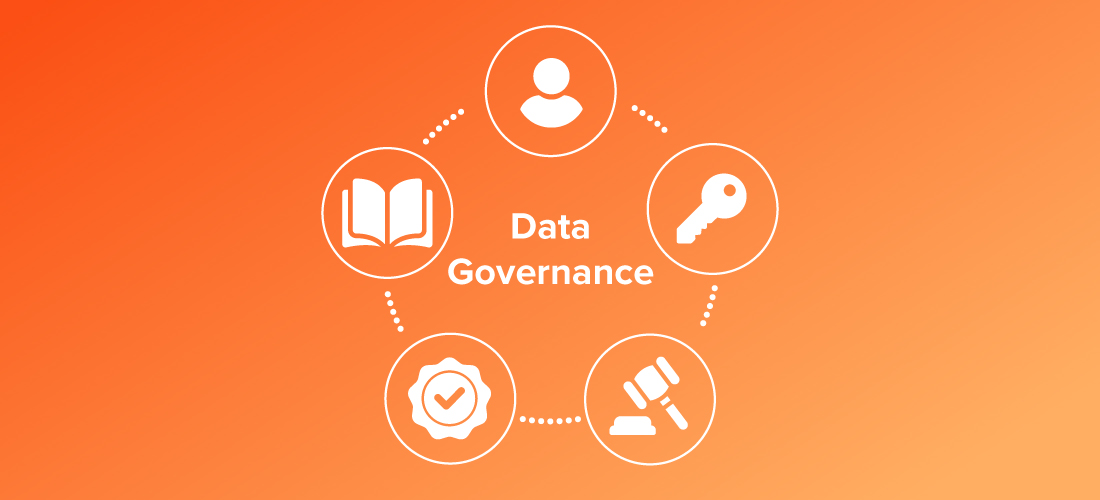Benefits of Data Governance
Data governance is a crucial aspect of modern business operations. It refers to the overall management of data assets within an organization, including the processes, policies, and controls that ensure the accuracy, integrity, and availability of data. Implementing effective data governance brings numerous benefits to businesses, enabling them to make informed decisions, improve operational efficiency, and mitigate risks.
Enhanced Data Quality
One of the primary benefits of data governance is the improvement in data quality. By implementing robust data governance practices, organizations can establish data standards, define data ownership, and enforce data validation rules. This ensures that data is accurate, consistent, and reliable across different systems and departments. High-quality data enables businesses to make better decisions, gain insights, and enhance customer experiences.
Improved Decision-Making
With reliable and high-quality data at their disposal, businesses can make more informed decisions. Data governance ensures that the data used for decision-making is accurate, up-to-date, and relevant. This enables executives and managers to analyze trends, identify patterns, and develop actionable insights. By basing decisions on reliable data, organizations can reduce the risk of errors and make strategic choices that drive growth and profitability.
Regulatory Compliance
Data governance plays a critical role in ensuring regulatory compliance. Organizations operating in various industries, such as finance, healthcare, and retail, must adhere to specific data protection and privacy regulations. By implementing data governance practices, businesses can establish controls and processes to meet these regulatory requirements. This not only helps avoid legal penalties but also builds trust with customers who are increasingly concerned about data privacy.
Increased Operational Efficiency
Efficient data management is essential for streamlined operations. Data governance helps organizations establish clear data ownership and accountability, ensuring that data is managed effectively throughout its lifecycle. This reduces duplication, eliminates data silos, and enhances data integration. By having a centralized view of data, businesses can improve operational efficiency, reduce costs, and optimize processes.
Risk Mitigation
Data governance plays a vital role in mitigating risks associated with data breaches and unauthorized access. By implementing strong data security measures, such as access controls, encryption, and data classification, organizations can protect sensitive data from unauthorized disclosure or misuse. Additionally, data governance helps identify potential risks and vulnerabilities, allowing organizations to implement proactive measures to prevent data breaches and ensure data resilience.

Data governance is an essential practice for organizations seeking to harness the power of data. By implementing effective data governance, businesses can improve data quality, make informed decisions, ensure regulatory compliance, enhance operational efficiency and mitigate risks. Investing in data governance is a strategic move that can give organizations a competitive edge in today’s data-driven business landscape.
Frequently Asked Questions about the Benefits of Data Governance
1. What is data governance?
Data governance refers to the overall management of the availability, integrity, usability, and security of data within an organization.
2. Why is data governance important?
Data governance is crucial because it ensures that data is accurate, consistent, and reliable, leading to better decision-making, improved operational efficiency, and reduced risks.
3. What are the key benefits of implementing data governance?
The main benefits of data governance include improved data quality, increased data transparency, enhanced regulatory compliance, better data security, and streamlined data management processes.
4. How does data governance contribute to better decision-making?
Data governance ensures that the data used for decision-making is accurate, complete, and trustworthy, enabling organizations to make informed and strategic decisions based on reliable information.
5. Can data governance help with regulatory compliance?
Yes, data governance plays a vital role in ensuring regulatory compliance by establishing data policies, procedures, and controls that adhere to relevant laws and regulations.
6. Does data governance improve data quality?
Data governance focuses on data quality by implementing data standards, data cleansing processes, and data validation mechanisms, resulting in improved data accuracy and consistency.
7. How does data governance enhance data security?
Data governance includes data security measures such as access controls, encryption, and data classification, which protect sensitive data from unauthorized access, breaches, and data loss.
8. Can data governance help in reducing operational risks?
Yes, data governance minimizes operational risks by ensuring that data is properly managed, reducing errors, improving data integrity, and enabling effective data-driven decision-making.
9. Does data governance benefit all types of organizations?
Yes, data governance is beneficial for organizations of all sizes and industries, as it helps maximize the value of data assets and ensures that data is reliable, consistent, and secure.
10. How can organizations start implementing data governance?
Organizations can start implementing data governance by establishing a data governance framework, defining data policies, appointing data stewards, and conducting regular data audits to monitor compliance.




